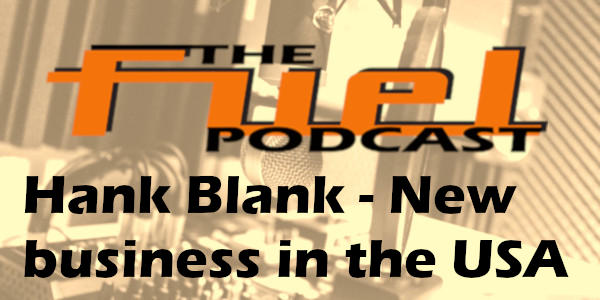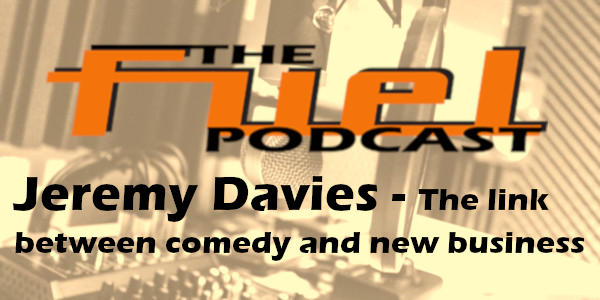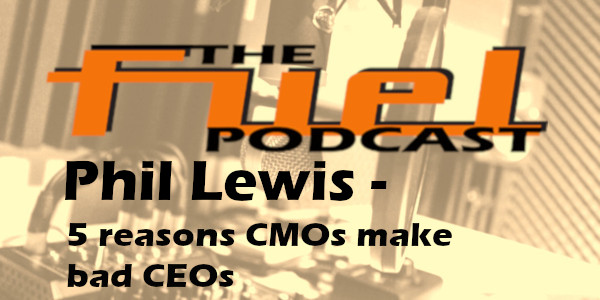Using short films to win business. Scrapping cynicism in the advertising industry. Where ideas come from. Innovation in the pandemic. The good and bad of Tik Tok.
How is the agency scene in the USA recovering? Hank is the man with the connections who can help us understand.
How having a point to your pitches will improve your success rate. Jeremy fuses stand-up comedy with sit-up branding pitches.
John was there when the new business industry was born. He’s first generation and he’s not finished creating
Big company hibernation, agility pandemic disaster planning, Proptech, virtual house tours and the property market bounce back.
PRCA Director of The Americas Isobel Arrowsmith talks about the challenges of setting up a new office in a foreign country in a pandemic.
Phil Lewis explains why CMOs find it hard to transition to CEO and tells us it’s all in translation.
Former radio presenter and DJ Neil Bentley puts Keith Smith through his novice podshow host paces while he demonstrates the awesome power of his company’s new podcast and Vlog content service Camflare, which is designed to make production a breeze.
Marketing without words is like Astaire without Rogers, or Noel without Liam. John’s newly launched business Write Arm has arrived to bring life through literature to brands.
Brands pay Vic to draw on their products and walls because he’s a unique artist. Vic talks about the launch of his new book The Corona Diary 2020.








